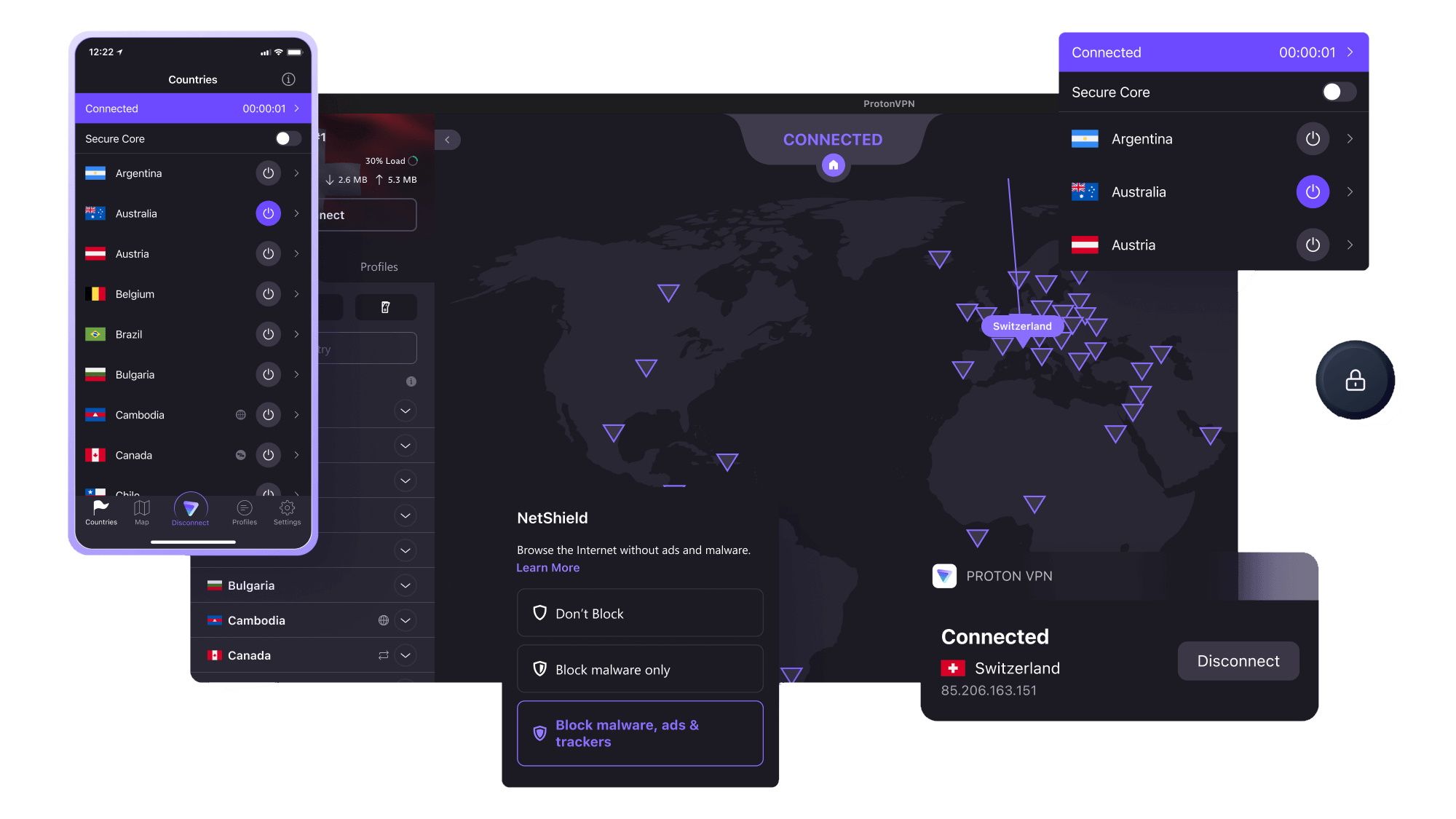

In today’s digital age, online privacy and security have become paramount concerns for internet users worldwide. Let’s learn more about this topic below with Stickman Hook. Virtual Private Networks (VPNs) have emerged as essential tools for safeguarding our online activities, encrypting our data, and maintaining anonymity while browsing the web. This article explores some of the best free VPN apps available, helping you stay protected online without breaking the bank.
Virtual Private Networks (VPNs) play a crucial role in protecting our digital lives. They create a secure, encrypted tunnel between your device and the internet, masking your IP address and making it difficult for third parties to track your online activities. This level of protection is especially important when using public Wi-Fi networks, accessing sensitive information, or simply wanting to maintain privacy in an increasingly connected world.
Free VPN apps offer an accessible entry point for users looking to enhance their online security without committing to a paid service. While premium VPNs often provide more features and faster speeds, free options can still offer significant protection for casual users or those just starting to explore the world of VPNs.
When choosing a free VPN app, it’s essential to consider factors such as data limits, server locations, connection speeds, and the company’s privacy policy. Some free VPNs may log user data or display ads, so it’s crucial to read the terms of service carefully before installing any app.
Read more: Best Job Search Apps That Help You Get Hired Faster
ProtonVPN is widely regarded as one of the best free VPN options available. Developed by the team behind ProtonMail, a secure email service, ProtonVPN offers a robust set of features even in its free version. The app is available for both iOS and Android devices, as well as desktop platforms.
Key features of ProtonVPN’s free plan include:
Unlimited data usage, a rarity among free VPNs
Servers in three countries (US, Netherlands, and Japan)
Strong encryption and a strict no-logs policy
Built-in ad blocker and malware protection
ProtonVPN’s user interface is clean and intuitive, making it easy for beginners to navigate. The app also offers a quick connect feature, automatically selecting the best server based on your location and network conditions.
While the free version has some limitations, such as slower speeds compared to paid plans and restrictions on streaming services, it provides excellent security for general browsing and basic online activities. ProtonVPN’s commitment to privacy and security makes it a top choice for users looking for a reliable free VPN solution.
Windscribe is another popular free VPN app that offers a generous 10GB of data per month, which is more than sufficient for most casual users. The app is available for iOS, Android, and desktop platforms, providing cross-device compatibility.
Notable features of Windscribe’s free plan include:
Servers in 10 countries
Built-in ad blocker and firewall
Split tunneling for selective VPN usage
Strict no-logs policy
Windscribe’s user interface is straightforward and user-friendly, with a simple on/off switch and server selection menu. The app also offers additional privacy features such as a “Double Hop” option, which routes your traffic through two servers for extra anonymity.
One unique aspect of Windscribe is its “R.O.B.E.R.T” feature, which blocks ads, trackers, and malware at the DNS level. While some advanced features are reserved for paid users, the free version still provides robust protection and a good range of server locations.
Hide.me is a Malaysia-based VPN service that offers a free plan with 10GB of data per month. The app is available for iOS, Android, and various desktop platforms, ensuring wide compatibility.
Key features of Hide.me’s free plan include:
Servers in 5 locations (including Singapore and Canada)
No speed throttling on free servers
Strong encryption and a no-logs policy
Split tunneling functionality
Hide.me’s app interface is clean and easy to use, with a prominent connect button and a simple server selection menu. The service prides itself on its fast connection speeds, even for free users, making it a good choice for those who prioritize performance.
One standout feature of Hide.me is its transparency. The company regularly publishes warrant canaries and has undergone independent security audits, reinforcing its commitment to user privacy. While the 10GB data cap may be restrictive for heavy users, it’s generous enough for everyday browsing and basic online activities.
Read more: Must-Have Apps for Small Business Owners
While free VPN apps can provide valuable protection, it’s important to approach them with caution and consider several factors before making a choice:
Most free VPN services impose data caps or speed restrictions. Consider your usage patterns and choose an app that offers sufficient data for your needs. If you frequently stream videos or download large files, you may need to opt for a service with higher data limits or consider a paid VPN.
The number and location of servers can impact your connection speed and ability to access geo-restricted content. Look for VPNs that offer servers in countries relevant to your needs, whether for accessing specific services or ensuring faster connections.
Carefully review the VPN provider’s privacy policy and logging practices. Opt for services that have a strict no-logs policy and are transparent about their data handling procedures. Be wary of free VPNs that may monetize user data to support their service.
Check for essential security features such as strong encryption (preferably AES-256), a kill switch to prevent data leaks if the VPN connection drops, and protection against DNS and IPv6 leaks.
Ensure the VPN app is compatible with your devices and operating systems. Look for apps with intuitive interfaces that make it easy to connect and switch between servers.
Some free VPNs offer extra features like ad blockers, malware protection, or split tunneling. While not essential, these can enhance your overall online experience and provide additional value.
To maximize the benefits of free VPN apps while minimizing potential risks, consider the following tips:
Always download VPN apps from official sources such as the App Store or Google Play Store to avoid malware-infected versions.
Read user reviews and professional evaluations to gauge the app’s reliability and performance.
Be cautious of free VPNs that require excessive permissions or personal information during setup.
Regularly update your VPN app to ensure you have the latest security patches and features.
Use the VPN consistently, not just when accessing sensitive information, to establish a habit of protected browsing.
Consider using different VPN services for different purposes to distribute your data and reduce the risk of a single point of failure.
Be aware of your data usage to avoid exceeding limits, especially if you’re relying on multiple free VPN services.
Understand that while free VPNs provide basic protection, they may not be suitable for high-stakes activities that require absolute privacy and security.
By following these guidelines and choosing a reputable free VPN app, you can significantly enhance your online privacy and security without incurring additional costs. Remember that while free VPNs are a great starting point, paid services often offer more comprehensive features and stronger guarantees of privacy. As your needs evolve, you may want to consider upgrading to a premium VPN service for enhanced protection and performance.
In conclusion, free VPN apps serve as valuable tools for improving online security and privacy. Whether you choose ProtonVPN for its unlimited data, Windscribe for its generous server selection, or Hide.me for its transparency and performance, these apps can provide a solid foundation for safer internet browsing. By understanding the features, limitations, and best practices associated with free VPNs, you can make an informed decision that aligns with your specific needs and usage patterns. Stay safe online, and remember that in the digital world, privacy is a right worth protecting.